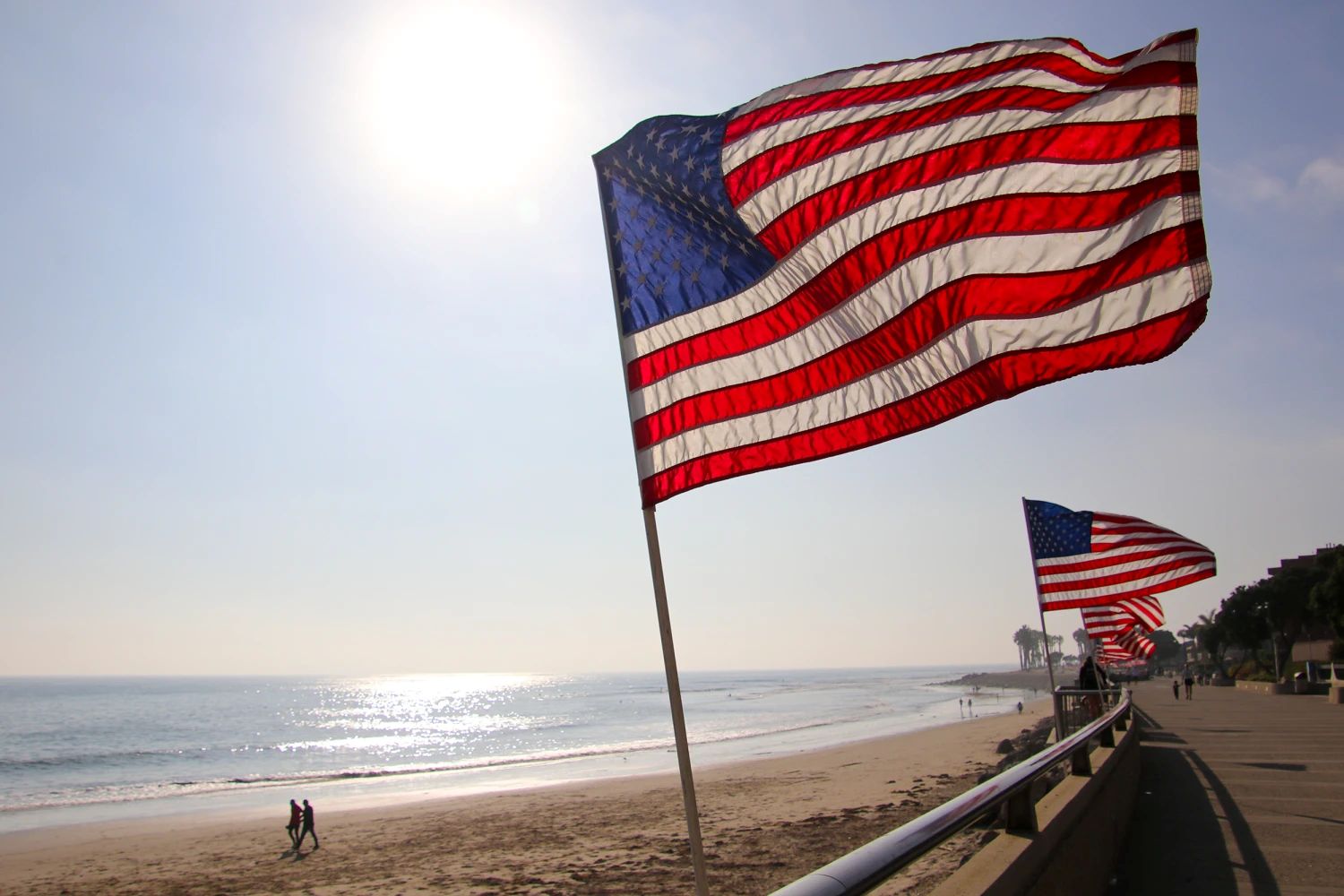
Memorial Day Weekend is more than just a time for barbecues and beach trips. It’s a moment to honor those who sacrificed their lives for our country. But how much do you really know about this important holiday? Did you know Memorial Day was originally called Decoration Day? This tradition began after the Civil War to honor fallen soldiers by decorating their graves. Over time, it evolved into a national day of remembrance. From its origins to modern-day observances, there’s a lot to learn about this significant weekend. Let’s dive into 15 fascinating facts that will give you a deeper appreciation for Memorial Day.
What is Memorial Day?
Memorial Day is a federal holiday in the United States for honoring and mourning military personnel who have died in the performance of their military duties. It is observed on the last Monday of May each year. Here are some interesting facts about Memorial Day weekend.
-
Memorial Day was originally known as Decoration Day. It started after the Civil War to honor the Union and Confederate soldiers who died in the conflict.
-
The first official Memorial Day was observed on May 30, 1868. General John A. Logan declared the day for decorating the graves of comrades who died in defense of their country.
-
Waterloo, New York, is considered the birthplace of Memorial Day. The town was recognized by the federal government for its annual, community-wide event, which began on May 5, 1866.
Traditions and Customs
Memorial Day is rich with traditions and customs that have evolved over the years. These practices help keep the memory of fallen soldiers alive.
-
Many people visit cemeteries and memorials to honor those who have died in military service. Volunteers often place American flags on graves of military personnel.
-
The National Moment of Remembrance takes place at 3:00 PM local time. Americans are encouraged to pause for one minute to remember and honor those who have died in military service.
-
Parades are a common sight on Memorial Day. These parades often include military personnel, veterans, and various community organizations.
Memorial Day and Popular Culture
Memorial Day has also made its mark in popular culture, influencing various aspects of American life.
-
The Indianapolis 500, one of the most famous car races in the world, takes place on Memorial Day weekend. The race has been held annually since 1911.
-
Memorial Day weekend is often considered the unofficial start of summer. Many people celebrate with barbecues, picnics, and family gatherings.
-
Memorial Day sales are a big deal in the retail world. Many stores offer significant discounts, making it a popular time for shopping.
Historical Significance
Understanding the historical significance of Memorial Day helps us appreciate the sacrifices made by military personnel.
-
Memorial Day was not always observed on the last Monday of May. The Uniform Monday Holiday Act, passed in 1968, moved it to create a three-day weekend for federal employees.
-
The holiday has its roots in the aftermath of the Civil War. Both Union and Confederate soldiers were honored, reflecting the nation's desire for reconciliation.
-
Memorial Day has evolved to honor all Americans who have died in military service, not just those from the Civil War.
Modern-Day Observances
Today, Memorial Day is observed in various ways across the United States, reflecting both its solemn origins and its role in contemporary American culture.
-
Many national parks and monuments hold special events and ceremonies. These events often include speeches, wreath-laying ceremonies, and musical performances.
-
The Tomb of the Unknown Soldier in Arlington National Cemetery is a focal point for Memorial Day observances. A wreath-laying ceremony is held there every year.
-
Social media has become a platform for Memorial Day tributes. Many people share photos, stories, and messages to honor fallen soldiers, bringing the observance into the digital age.
Final Thoughts on Memorial Day Weekend
Memorial Day Weekend isn't just about barbecues and beach trips. It's a time to honor those who gave their lives for our freedom. Knowing the history behind this holiday can make it more meaningful. From its origins after the Civil War to its official recognition in 1971, Memorial Day has evolved but its core purpose remains the same. Many traditions, like visiting cemeteries and holding parades, help keep the spirit of remembrance alive. While enjoying the long weekend, take a moment to reflect on the sacrifices made by countless soldiers. Understanding these facts can deepen your appreciation for the holiday. So next time you gather with family and friends, share some of these insights. It’s a small way to pay tribute to those who’ve served. Memorial Day is more than just a day off; it's a day of gratitude and remembrance.
Was this page helpful?
Our commitment to delivering trustworthy and engaging content is at the heart of what we do. Each fact on our site is contributed by real users like you, bringing a wealth of diverse insights and information. To ensure the highest standards of accuracy and reliability, our dedicated editors meticulously review each submission. This process guarantees that the facts we share are not only fascinating but also credible. Trust in our commitment to quality and authenticity as you explore and learn with us.
